If you suffer from nasal congestion while you are awake, it most likely that you do when you are asleep too. This nightly nasal breathing problem is then often a (co-)trigger for snoring. Does this apply to you? Find out more about nose snoring with the help of a simple nose snoring test!
This is how you do the nasal snoring test
The nasal snoring test is very to do:
Step one
Stand in front of a mirror and keep one of your nostrils shut. Continue breathing through the nose. Make sure that your mouth remains closed. Does the covered nostril collapse? If that is the case, then nasal respiration is most likely impaired. Do the test with both nostrils consecutively.
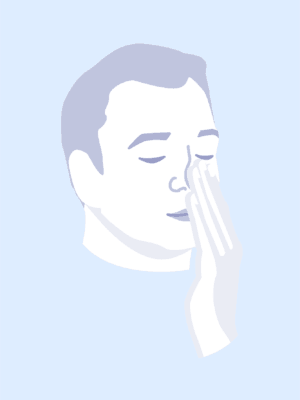
Step two
Nehmen Sie nun ein frisches Streichholz und versuchen Sie vorsichtig mit dem Holz-Ende eines Ihrer Nasenlöcher zu weiten. Das andere Nasenloch halten Sie währenddessen geschlossen. Sollten Sie nun besser Luft bekommen als vorher, sind Sie vermutlich Nasenschnarcher. Das bedeutet, Ihre Nasenwege sind blockiert. Dadurch wird Ihre Nasenatmung behindert.
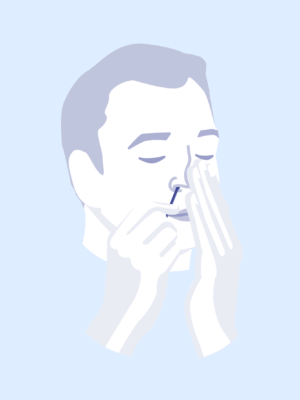
Video: nasal based snoring test
What helps stop nose snoring?
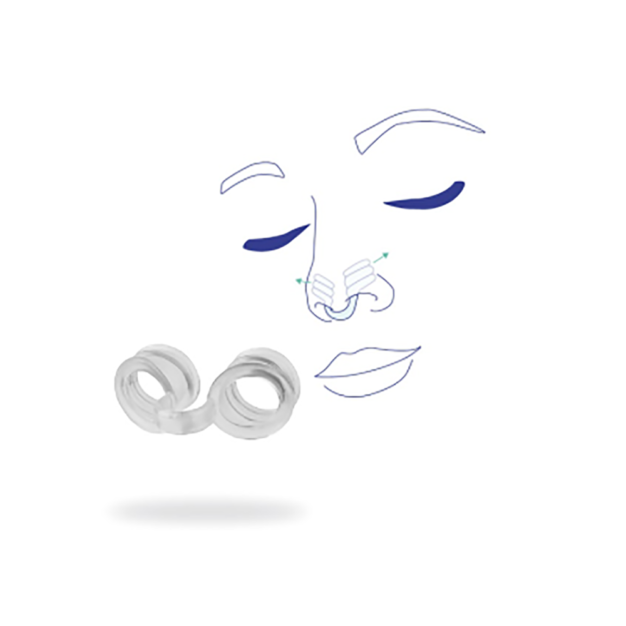
Nasal dilator and nasal strips
Through Nasal dilators and nasal strips the nostrils are gently widened, thus improving breathing capacity
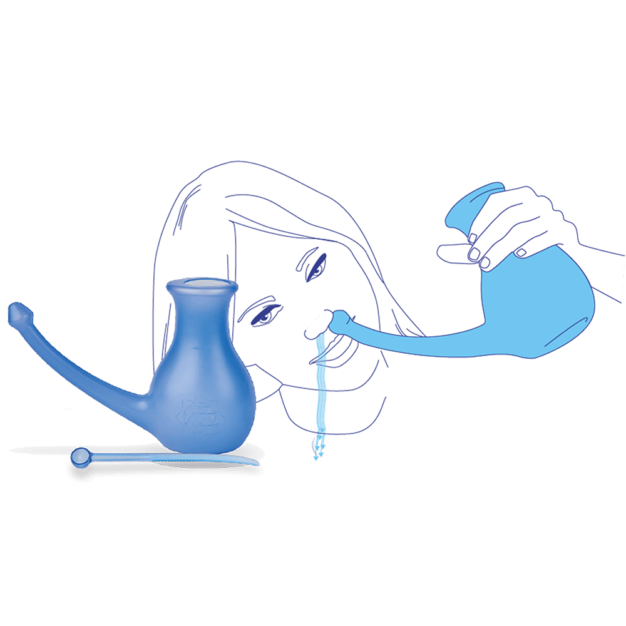
Nasal irrigation
An effective way to clear mucous and secretion from the nose is nasal irrigation. Nasal irrigation devices are particularly helpful if you have caught a cold or when you suffering from allergies.
ose snoring is not the problem? Then you should check if you’re perhaps a tongue-based snorer (Mandibular advancement devices / snoring mouthpieces are a helpful aid in this case) or a mouth-based snorer (Use an anti-snore mouthguard to alleviate oral snoring). Or simply ask our experts for advice and do the snoring test.
Mandibular advancement device comparison
All our mandibular advancement devices compared based on comfort, application, cleaning and much more.

Medical Doctor, Berlin
Jan Wrede works as a medical doctor in Berlin. He studied medicine at FAU University in Erlangen-Nuremberg and Semmelweis University in Budapest. He had already written numerous scientific articles during his studies, especially on the subject of snoring.


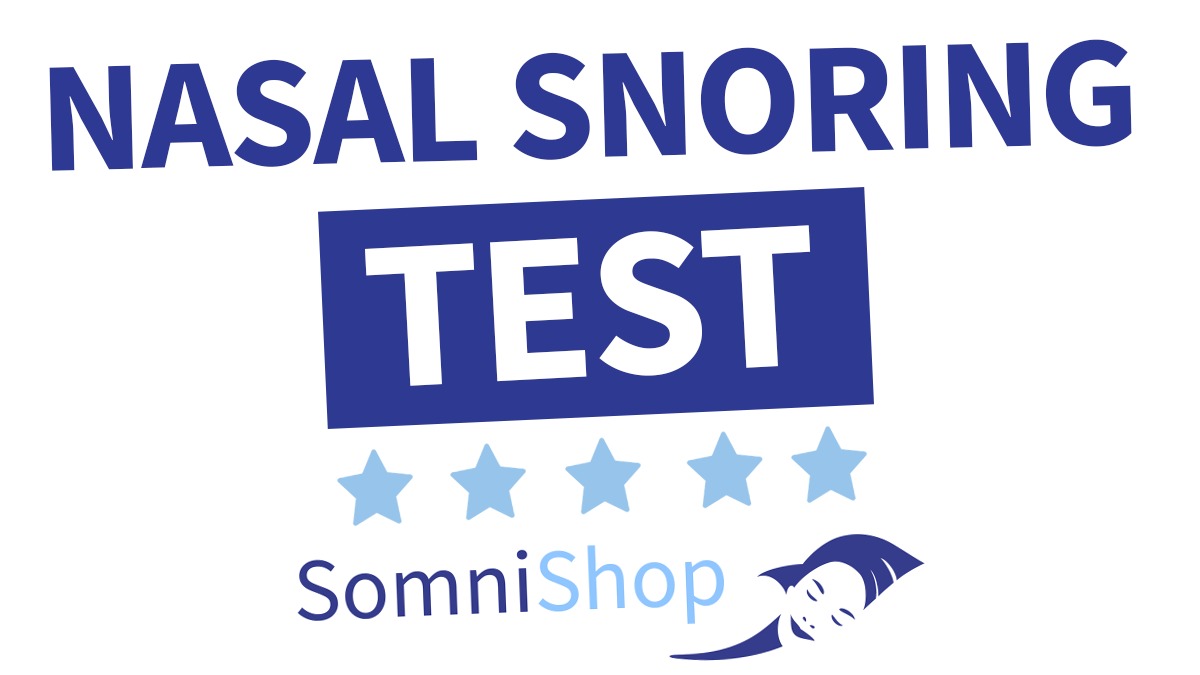
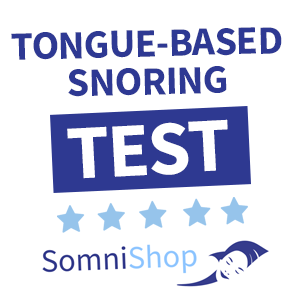
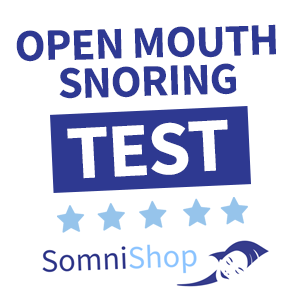
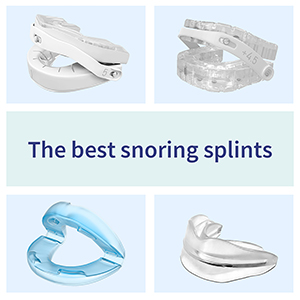


 Welcome to SomniShop
Welcome to SomniShop